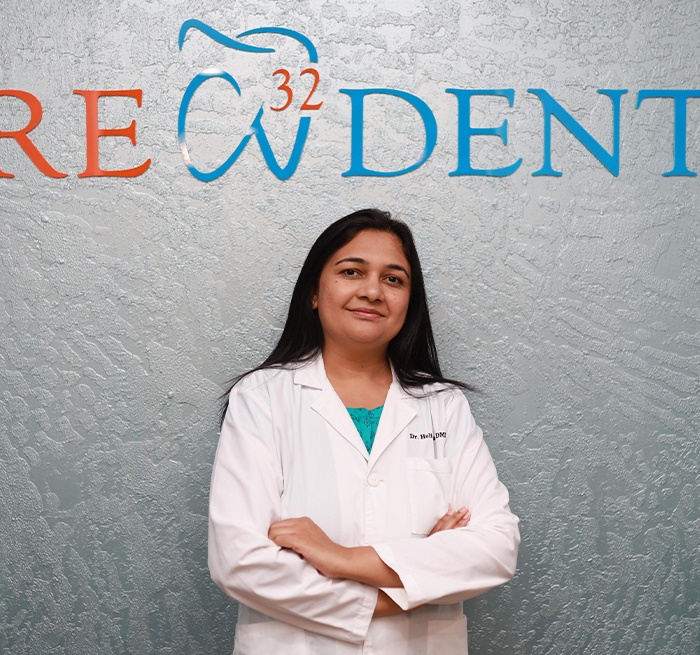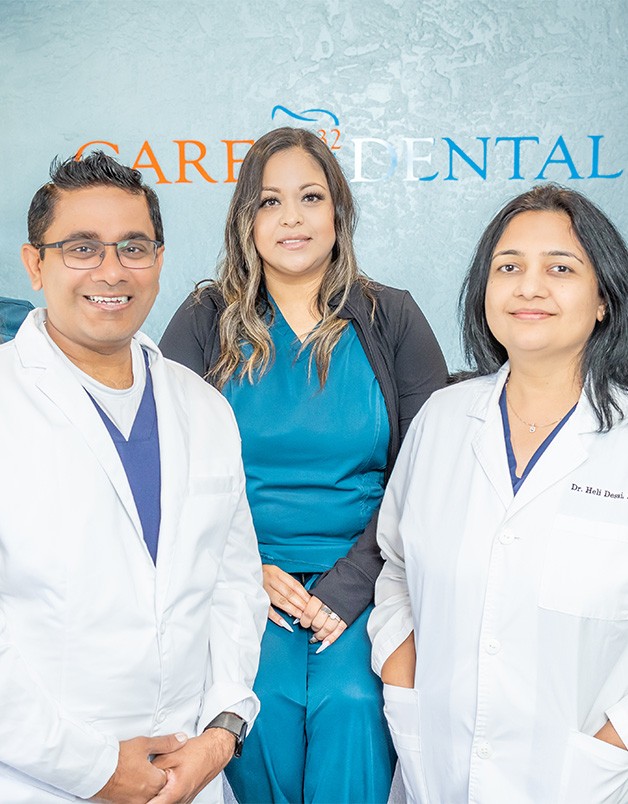Are you looking for a new dentist in Grand Prairie? You likely have some unanswered questions, so we’re here to help. Here are the answers to some of the most common questions we are asked at our practice. If you don’t see the information that you’re looking for below, don’t worry. Give us a call, and we’d be happy to address your questions or concerns.
How do I get emergency dental care?
If your emergency is life-threatening, you should call 911 right away. For pretty much any other dental emergency, you should give us a call to let us know what’s going on. A friendly member of our team can give you further advice from there. Most hospital ERs are quick care clinics aren’t equipped to handle dental emergencies, so if you go there, you are unlikely to get the treatment that you need. We are happy to welcome emergency walk-ins so you can get the care you need as soon as possible.
How much does a cleaning and checkups cost in Grand Prairie?
The cost of cleaning and checkups can vary depending on many factors. The visit should begin with going over your health history and discussing concerns that you have. It should also include a thorough exam, professional cleaning, X-rays, and oral cancer screening. The average in markets throughout the United States is between $200 and $350. If you have dental insurance, these fees are likely partially or completely covered by your plan.
What if you can’t afford a dentist?
Dentistry is all about prevention, so it is more affordable and offers high value to work with your dentist to prevent serious dental issues before they occur. Dental insurance is an effective tool to lower your out-of-pocket cost. If you have access to it, this is something to take advantage of. We are proud to be in-network with many popular insurance companies. We are also happy to accept payments through CareCredit – a third-party financing company that can split the cost of your treatment into manageable monthly installments with little to no interest. If you have questions or need help applying, let us know!
What level of education is required to be a dentist?
All dentists in the country must have received either a Doctor of Dental Medicine (DMD) or a Doctor of Dental Sciences (DDS) from one of the 67 Accredited dental schools in the United States. To get into dental school, you must have a bachelor’s degree. Dental school is 3 years with a combination of classroom and hands-on learning. On top of that, all dentists need to complete a certain number of continuing education hours to keep their license.




























